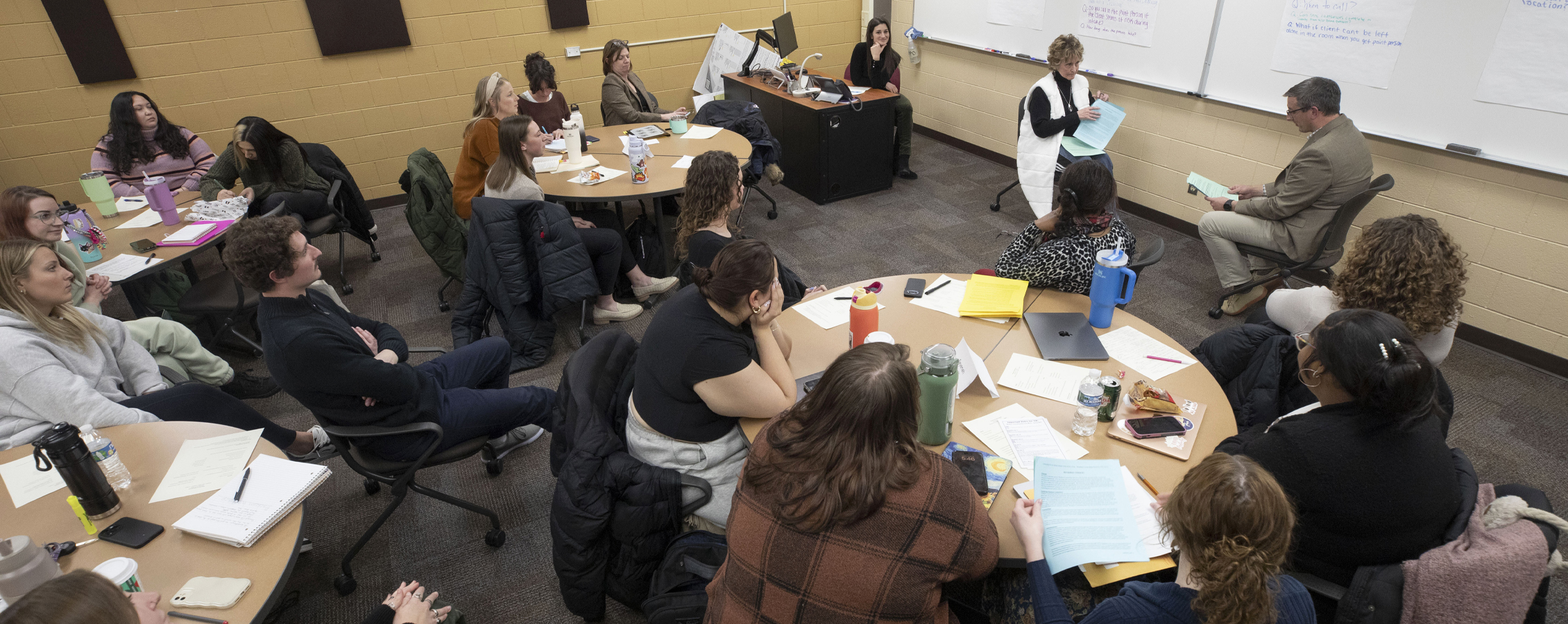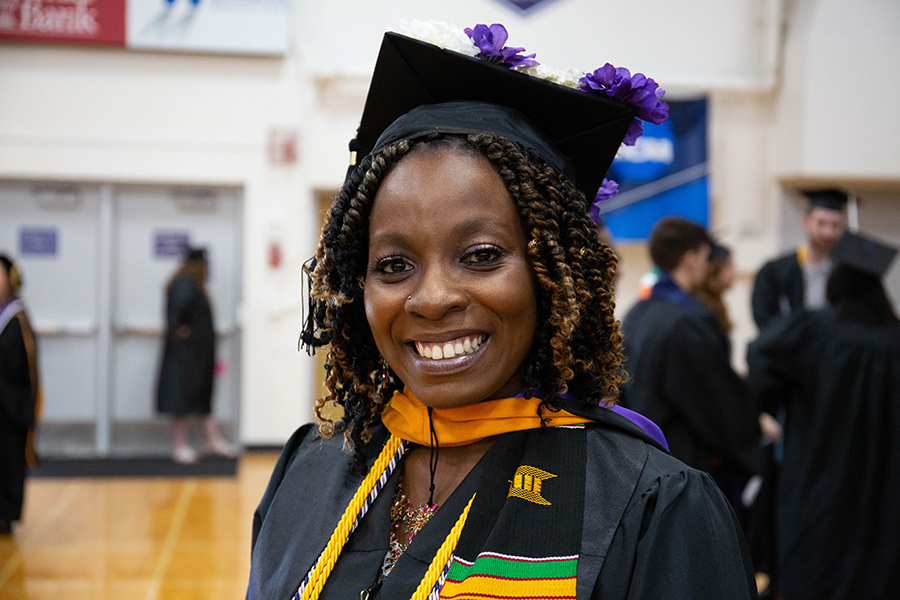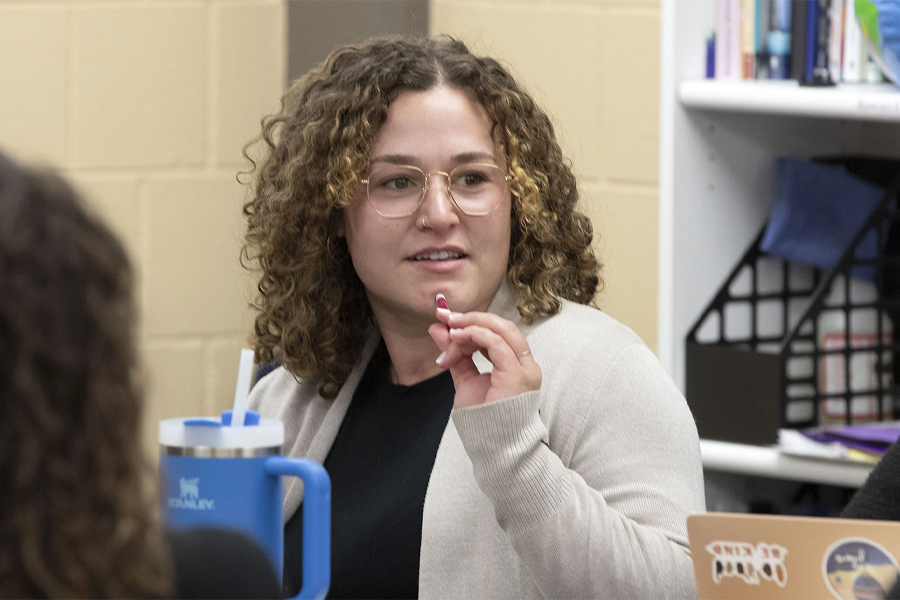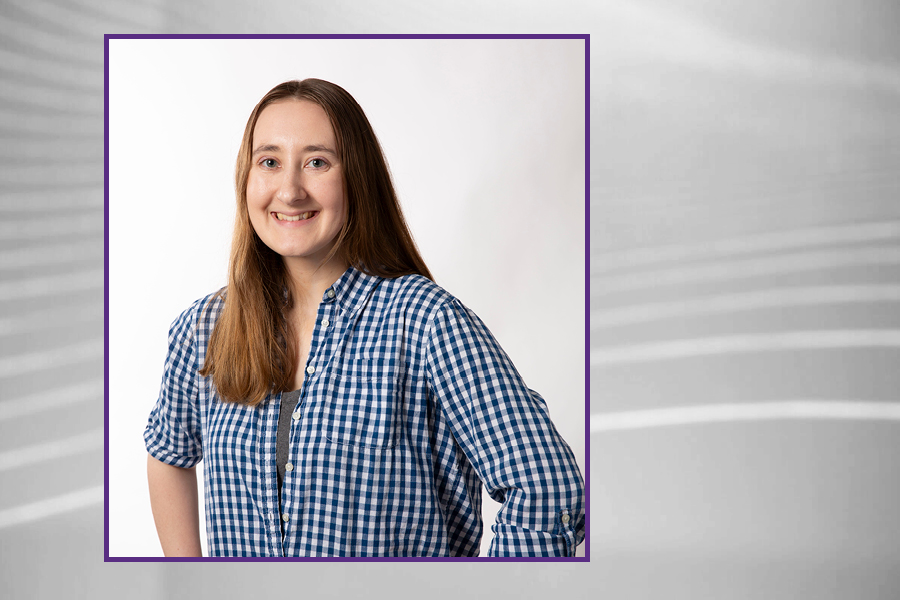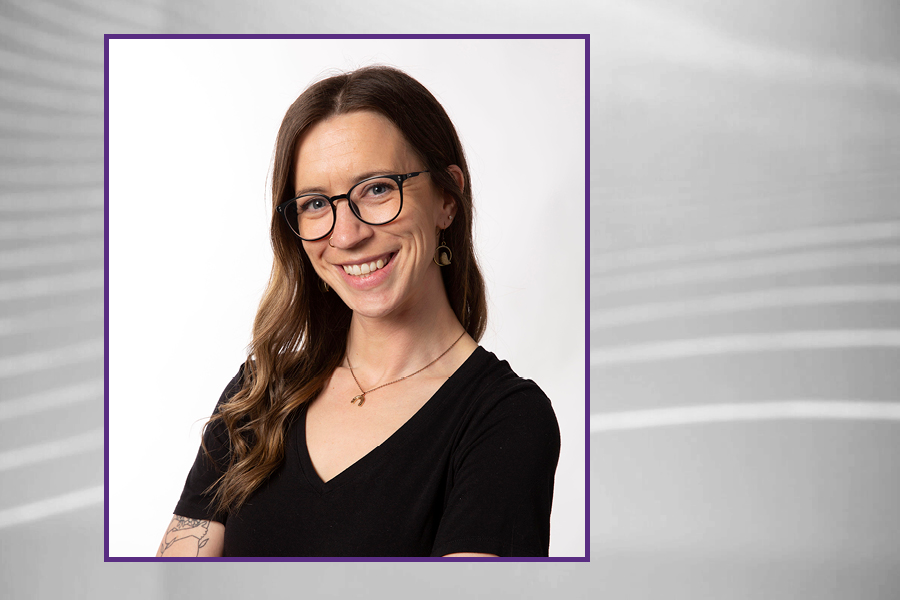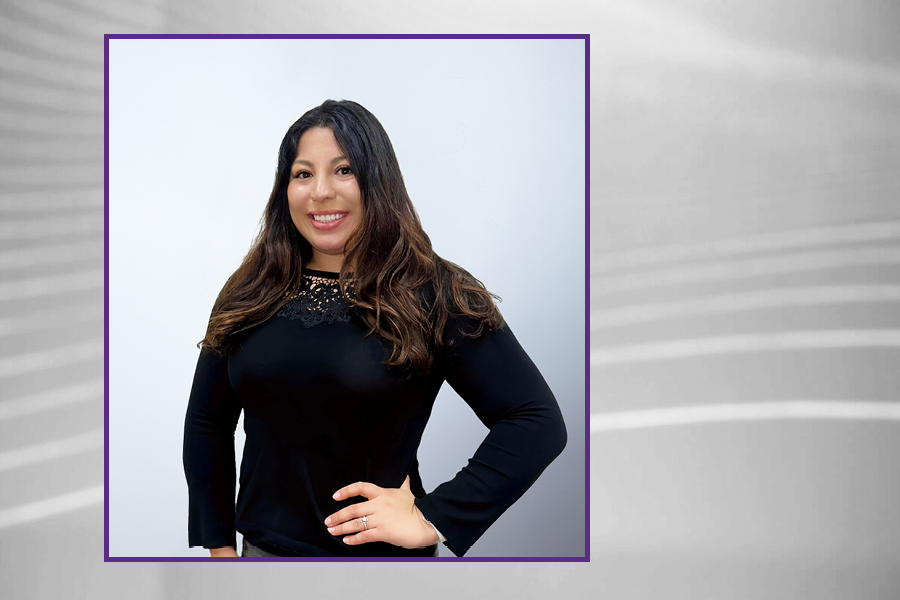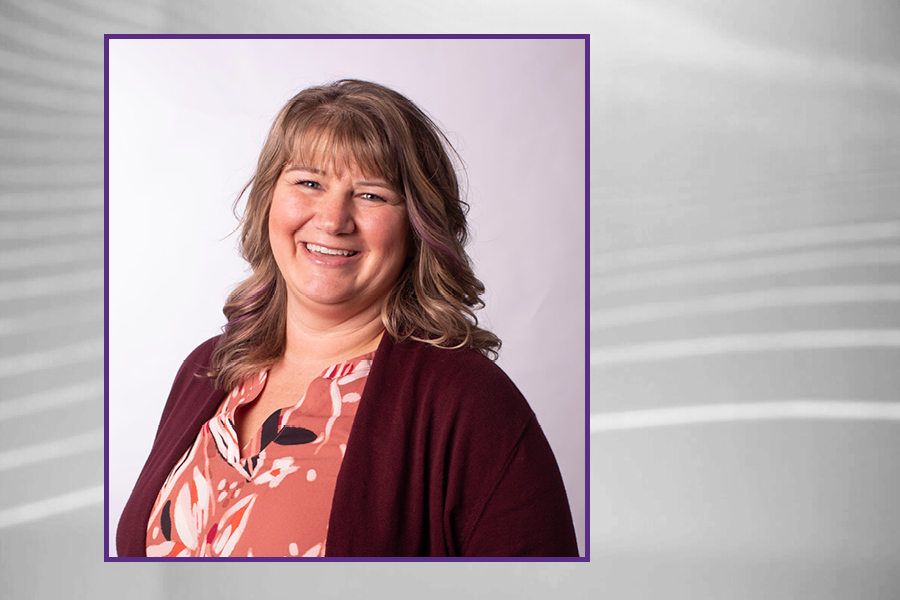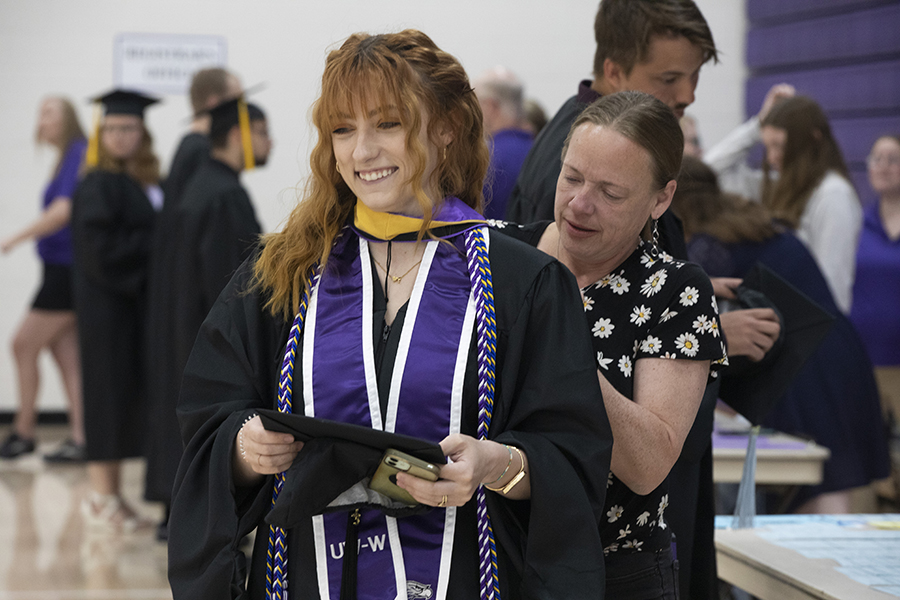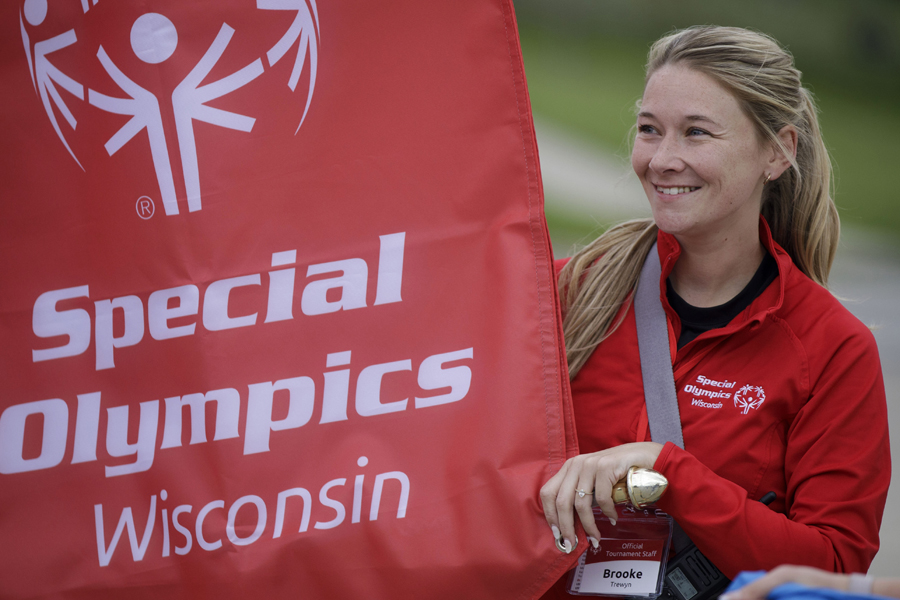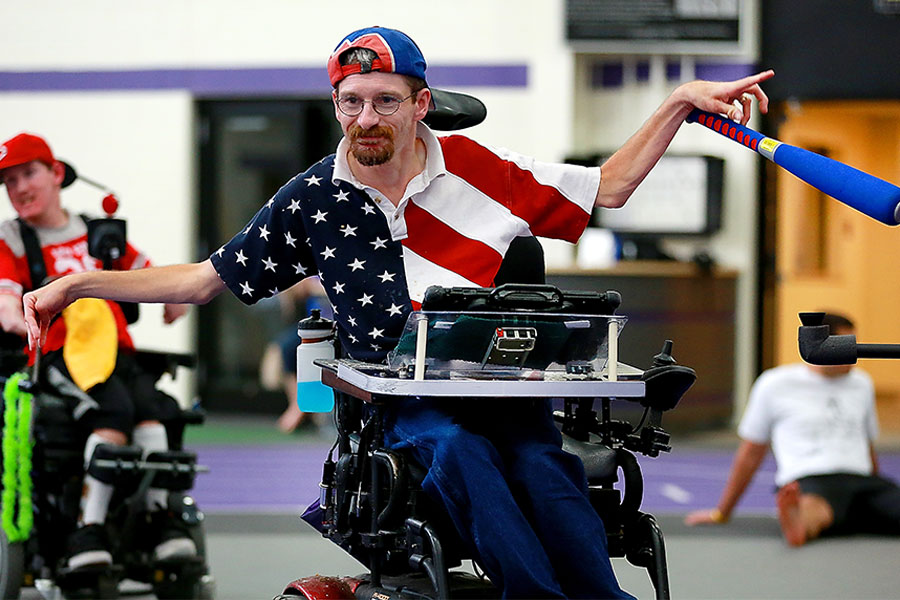COUNSELING
Master's Degree Program
If you’re seeking a career where you can make a significant impact on the lives of others by developing and maintaining relationships, then the M.S. in Counseling program at UW-Whitewater can help prepare you for a successful and fulfilling future.
Accredited by the Council for Accreditation of Counseling and Related Educational Programs (CACREP), our program equips you with the knowledge and skills needed to thrive in a variety of educational and community settings through tracks in school counseling and mental health counseling. You’ll leave the university eligible for licensure in the state of Wisconsin as a licensed professional counselor in training or a school counselor. Either way, you’ll be prepared for your chosen field.
The M.S. in Counseling program includes emphases in clinical mental health counseling and school counseling. Through this comprehensive program, you’ll develop the essential skills to assess personal issues, collect and analyze information, practice effective facilitative techniques, and develop treatment plans that meet client or student needs.
Jobs in counseling are on an upward trajectory over the next decade (2023-2033) according to the U.S. Bureau of Labor Statistics. The following specialties or focus areas were specifically cited:
- Substance abuse and mental health counselors: 19 percent increase
- Marriage and family therapists: 16 percent increase
- School counselors: 4 percent increase
Want to learn more about the M.S. in Counseling graduate program?
Sign up for an information session | 262-472-1035 | bamgboso@uww.edu
CAN WE BRAG A LITTLE?
Why study Counseling at UW-Whitewater?
Choose your own path (and get licensed)
Students in the M.S. in Counseling program can choose from two emphases to best fit their strengths and interests:
- Clinical Mental Health
- School Counseling
Students in the clinical mental health emphasis will work through a curriculum that meets requirements for Licensed Professional Counselor in training (LPC-IT) in the state of Wisconsin and for the National Board of Counselor Certification. They must pass the National Counselor Exam (NCE) prior to full LPC licensure from the Wisconsin Department of Safety and Professional Services. Clinical mental health counselors work in diverse settings, including:
- Community mental health centers
- Inpatient facilities
- Vocational or employment counseling agencies
- Higher education settings
- Family service agencies
- Correctional institutions
- Business and industry
- Social service agencies
Students in the school counseling emphasis will learn about the skills necessary to work as a school counselor and an educational leader in elementary, middle, and secondary schools. They must pass the PRAXIS II exam as required by the Wisconsin Department of Public Instruction (DPI). Upon successful completion of the program — including the emphasis requirements and the PRAXIS II exam — graduates will be eligible for endorsement by DPI for the K-12 school counselor license.
Dual licensure
Students can take courses from both emphases to leave the program eligible for licensure in School and Clinical Mental Health.
A curriculum fit for you
UW-Whitewater’s M.S. in Counseling is a 60-credit program that can be started in the summer term or fall semester. Full-time students can finish in as little as three years — two years of coursework, including summer terms, and an internship during the third year — or as many as seven years. Our rigorous curriculum offers opportunities to:
- Engage in experiential learning
- Take electives options, including trauma, marriage and family therapy, alcohol and other substance abuse, children and adolescent counseling
- Study abroad in Scotland during even summers (e.g., 2026, 2028, etc.)
Coursework is generally in the afternoons and evenings to accommodate full-time and part-time schedules.
What our Counseling students do
Post master’s counseling certificates

Looking to specialize in a certain area of counseling after your master’s degree? Are you seeking additional training? Or are you changing your career path? A counseling certificate could be the direction for you.
UW-Whitewater’s Counselor Education program offers three counseling graduate certificates:
Clinical mental health
Designed for individuals who have a master’s degree in counseling from a CACREP-accredited institution (or equivalent). This in-person certificate program provides post-graduate training that leads to LPC-IT in the state of Wisconsin.
For more information, contact Ola Bamgbose: 262-472-1035, bamgboso@uww.edu.
School counseling
Designed for individuals who have completed a master’s degree in counseling from a CACREP-accredited institution (or equivalent) in an emphasis other than school counseling. This in-person certificate program provides post-graduate training that leads to licensure through the Wisconsin Department of Public Instruction.
For more information, contact Ola Bamgbose: 262-472-1035, bamgboso@uww.edu.
Educator to school counselor
An innovative, hybrid certificate program designed for individuals who have completed a master’s degree in education or another related field and who are seeking School Counseling licensure in Wisconsin.
For more information, contact Anne Garvey Shah: garveysa@uww.edu.
Want to learn more about the Educator to School Counselor Post Master’s Certificate?
Sign up for an information session | 262-472-5426 | garveysa@uww.edu
What our graduates do
Careers: What can you do with an M.S. in Counseling?
Here are some of the places where our recent graduates have been hired or have been employed:
- Jefferson County Human Services (Jefferson, WI)
- Rogers Memorial Hospital (Oconomowoc, WI)
- Jefferson Middle School (Madison, WI)
- Watertown Unified School District (Watertown, WI)
- Easterseals Southeast Wisconsin (West Allis, WI)
- Walworth County Government Center (Elkhorn, WI)
- University of Wisconsin-Whitewater
- Burlington Area School District (Burlington, WI)
- Gifts of Emotion Counseling and Consultation (Madison, WI)
- Elle Studio + Wellness (Milwaukee, WI)
- Desert View Counseling and Consulting (Peoria, AZ)
- Alarus Healthcare (Beaver Dam, WI)
- Tosa Pediatrics (Wauwatosa, WI)
- Pauquette Center for Psychological Services (Portage, WI)
- University of Wisconsin-Madison
- Golden Vibes Counseling (Madison, WI)
- Blair-Taylor School District (Blair, WI)
Here are some of the titles they hold:
- Licensed professional counselor
- School counselor
- Community crisis liaison
- Crisis intervention counselor
- Mental health specialist
- Academic advisor
- Clinical therapist
- Mental health and family counselor
- Therapist
- Substance abuse counselor
Our Counseling faculty
The Counselor Education program strives to educate ethical leaders, advocates, and change agents who will transform the profession of counseling, the schools, and communities we serve.
We prepare professional counselors who will apply their knowledge and skills to develop effective counseling relationships that improve the human condition globally.
Our faculty and staff are committed to combining rigorous academic, experiential, and self-reflective learning to help students develop professionally and personally. In their interactions with students, our faculty and staff provide a safe and supportive space where they embrace diversity and show positive regard and authenticity. In addition, faculty pursue both research and service to enhance their teaching.
UW-Whitewater offers the following graduate program and post-master’s certificates in counseling:
Certificates:
To qualify for admission to the MS in Counseling program, students must have sufficient background in behavioral science coursework, including a minimum of 9 undergraduate or graduate credits relevant to the helping profession (for example, Human Development, Psychology, Education, Research and/or statistics), and meet graduate admission criteria.
The Counseling program is accepting admission applications for the summer and fall 2026 terms (there is no spring semester start in our program). Applicants can apply for either a summer or fall 2026 start in either of our admission rounds (October 2025 or February 2026). Our next application deadline is February 1, 2026, Our February Interview days are Friday, February 13, 2026 and Friday, February 20, 2026, with a snow date of Friday February 27, 2026.
All requirements must be submitted through the Graduate School application portal by the admissions due date for consideration. The Counselor Education Department will email you when your file is complete and let you know how you can schedule your interview.
Additional requirements for admission to the M.S. in Counseling program include:
- Uploading a cover letter expressing your interest in the program.
- Uploading a resume documenting your educational and professional experience.
- Uploading a personal statement containing the following four sections:
- Section 1 — Autobiography: Tell us about the life events that are bringing you to the counseling profession
- Section 2 — Future career goals: Tell us about your future career goals in the counseling field and how the University of Wisconsin-Whitewater Counselor Education program can support you in meeting these goals
- Section 3 — Ability to cope with ambiguity: Reflect on a time when you experienced uncertainty in your life, how did you cope, what was that like for you (address all three areas)
- Section 4 — Ability to cope with transitions and change: Reflect on a time when you had to cope with a significant change and/or transition in your life. What were your strengths and what were your challenges (address all three areas)
- Showing completion of courses that must be completed prior to enrollment in the program or completed prior to enrollment in coursework beyond the first nine credits. Indicate how you have met these courses by providing title of course taken, credits earned, and date completed for statistics, abnormal psychology, and human development
- Providing contact information (name, organization, position/title, relationship, telephone and email address) for two individuals that are knowledgeable about your potential to do graduate work and function successfully as a counselor. References from these individuals must be received by the Graduate School on or before the due date for your application to be complete.
- Completing a background check through ViewPoint. View instructions »
All requirements can be submitted during the application process.
If you do not meet the graduate admission criteria, please email us at counslred@uww.edu to determine if you could be admitted on a contingent basis.
International students must meet additional criteria and will be evaluated on a case-by-case basis. Contact us at grad@uww.edu for information and assistance.
State-specific Professional Licensure information for this program can be found on the university's Institutional Research Assessment and Planning website.

